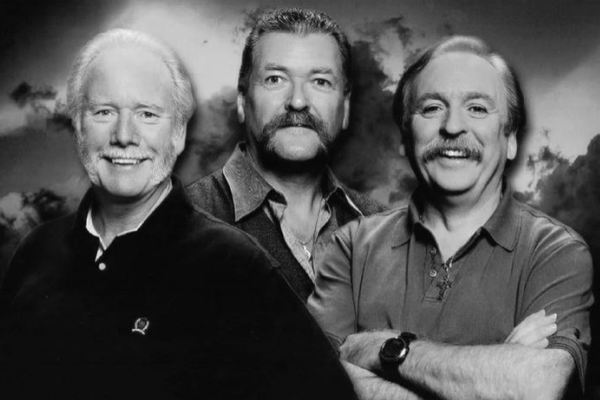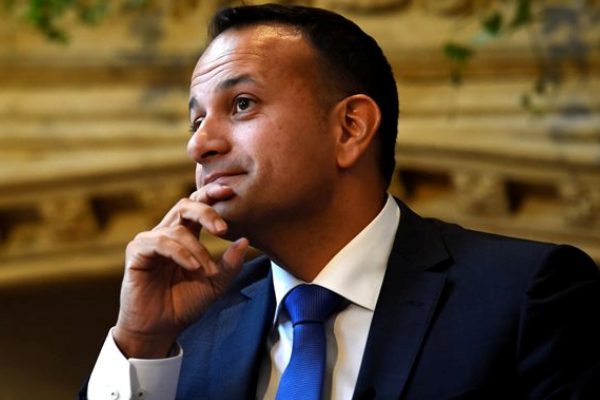
![]()
 Sung lustily and heartily by rebels the length and breath of this island, the Wolfe Tones rebel rouser 'Come out Ye Black and Tans' has climbed to the top of both the Irish and UK iTunes charts afterv plans for a controversial commemoration of the Royal Irish Constabulary were shelved by the Government following widespread condemnation from far and wide.
Sung lustily and heartily by rebels the length and breath of this island, the Wolfe Tones rebel rouser 'Come out Ye Black and Tans' has climbed to the top of both the Irish and UK iTunes charts afterv plans for a controversial commemoration of the Royal Irish Constabulary were shelved by the Government following widespread condemnation from far and wide.
Several Independent ministers swiftly said that would not attend the event, while Fianna Fáil leader Micheál Martin said the event was an "error in judgement" by the Government.
The under-fire Minister for Justice Charlie Flanagan in the end gave in to calls for the commemoration to be called off, despite fervantly denying that it amounted to a celebration of the infamous Black and Tans, loathed by generations of Irish for a century.
Come Out Ye Black n Tans No. 1 in Ireland, No. 3 in Britain ... Fine Gael got their answer .... https://t.co/3rOa8XiyEN
— The Wolfe Tones 🇮🇪 (@wolfetones) January 9, 2020
The band supported calls for the event to be cancelled and shared a link to a petition against the commemoration on Twitter.
They murdered and terrorised our country 100 years ago as they tried to oppress Irish independence ... now our government want to commemorate the RIC/Black n Tans ... https://t.co/PQOj2bEUih
— The Wolfe Tones 🇮🇪 (@wolfetones) January 7, 2020
'Come out Ye Black and Tans' is credited to musician Dominic Behan as a tribute to his father Stephen, and was released by the band in 1972.
The lyrics include references to Irish nationalism and refers to the Black and Tans of the War of Independence era. It links the Irish experience with other peoples' struggles against the torture of the hated British Empire.